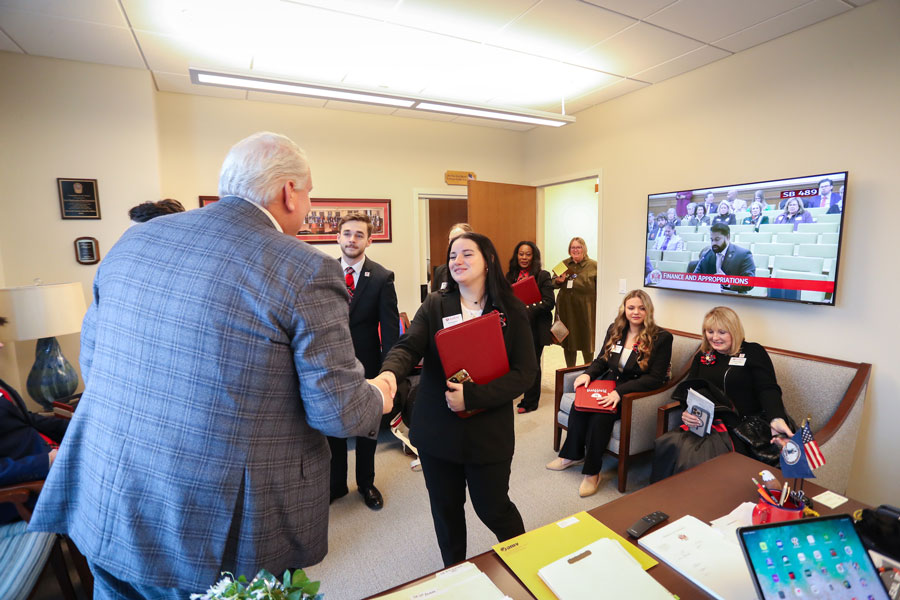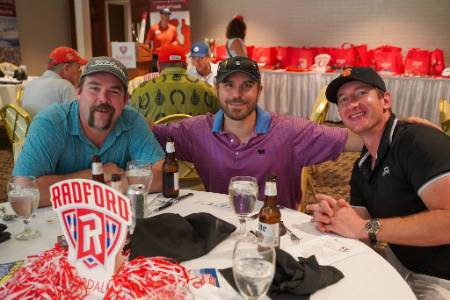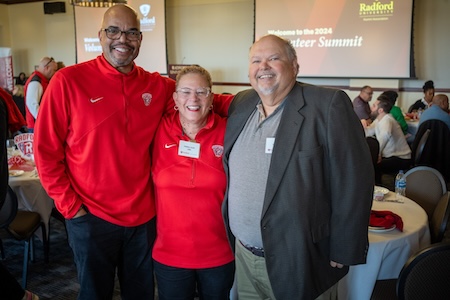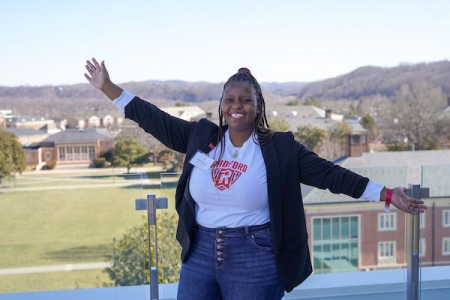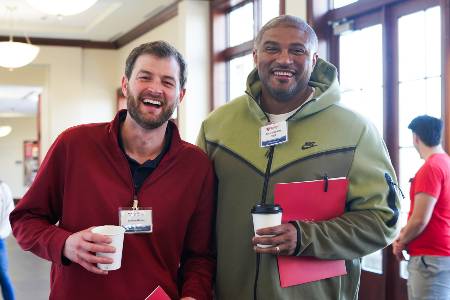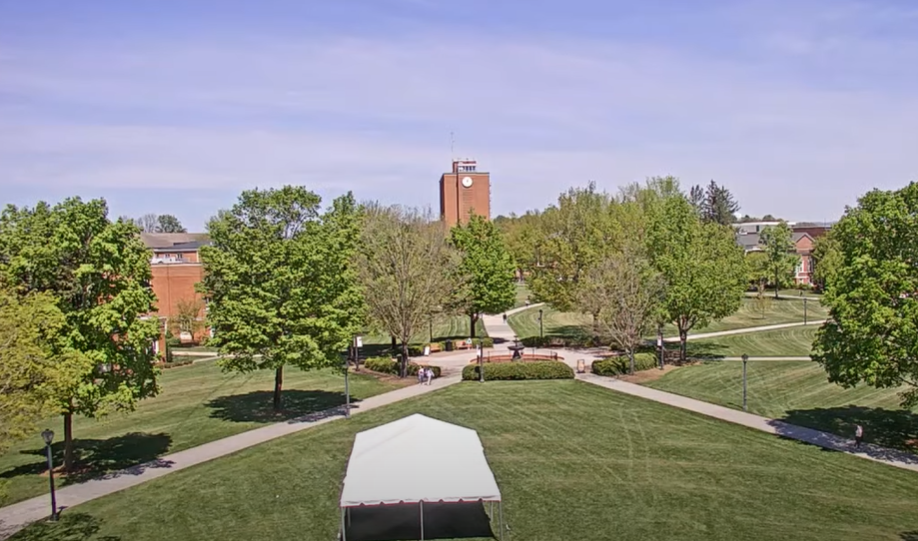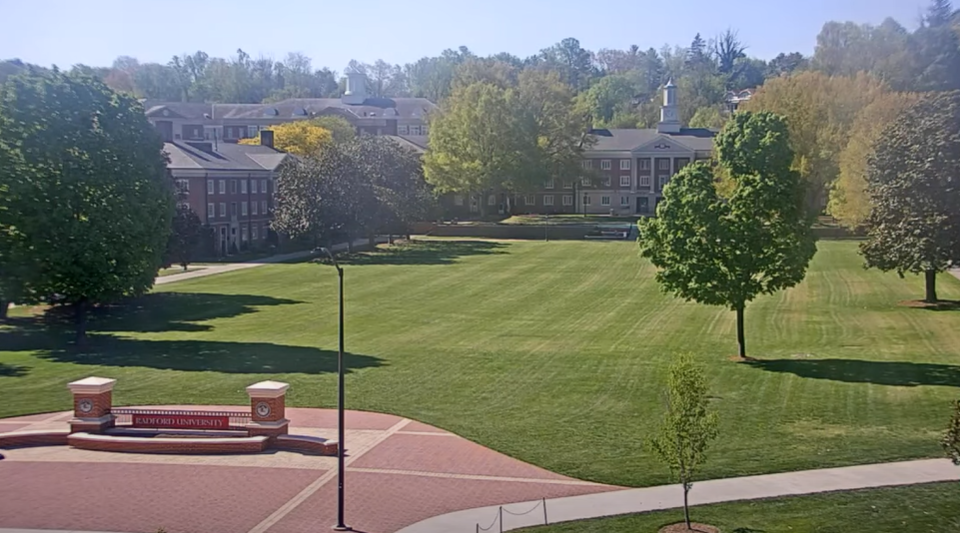Radford University
Office of Alumni Relations
Alumni—Relocated? New Email?

Highlander spirit shines bright at Homecoming 2025!
Once a Highlander, always a Highlander!
From reclaiming the fountain to celebrating alumni achievements, the weekend was filled with laughter, connection and Highlander pride. Watch the recap video to relive the best moments and see why Homecoming is one of our favorite Radford traditions.
Radford News
-
Radford University helps address Virginia’s teacher shortage through targeted licensure support
February 20, 2026
Radford University launched a targeted scholarship initiative to support provisionally licensed teachers in completing their licensure requirements.

-
Advocacy Day connects students with Virginia lawmakers
February 20, 2026
Radford University students spent Feb. 3-4 at the Capitol in Richmond, Virginia, for the university’s annual Advocacy Day.
